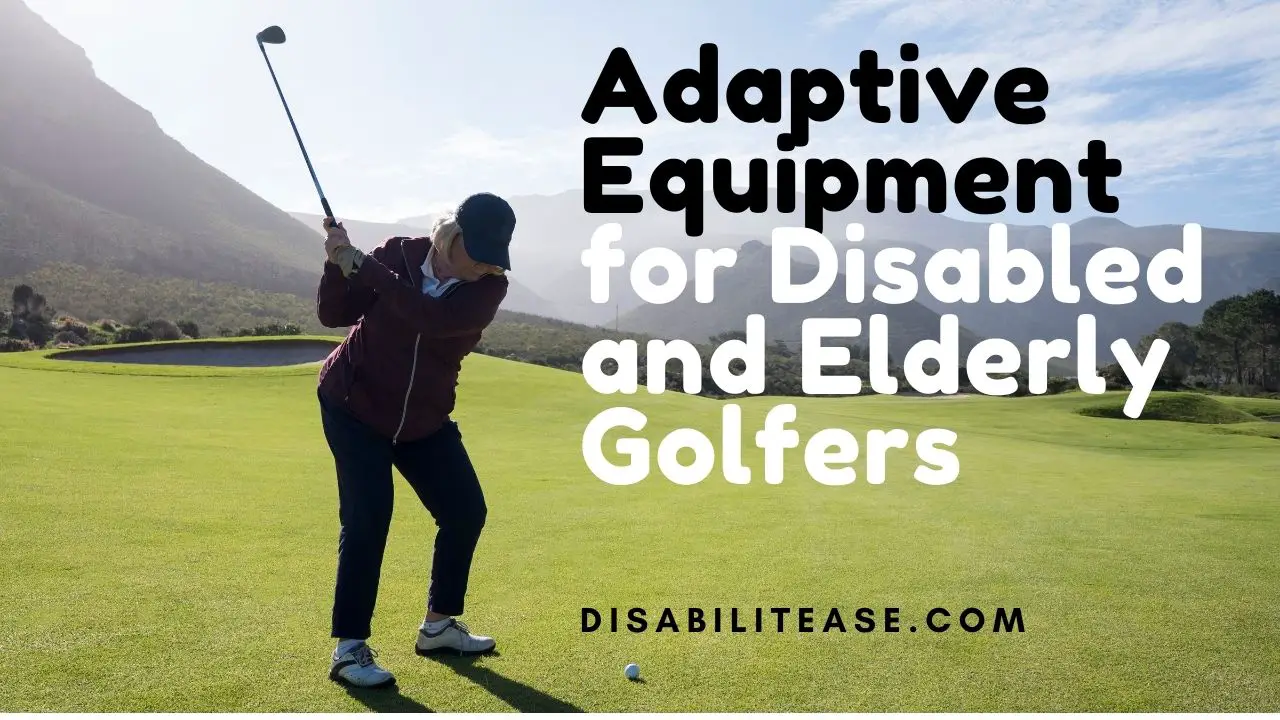Can I Claim DLA for Dyslexia? Caring for a child with a disability can be very challenging but rewarding at the same time. There are a lot of hidden struggles and efforts that go into raising a child with a learning disability such as Dyslexia.

Affected children, especially young kids, may need both academic and emotional support to a greater extent. Helping them manage their symptoms while also building confidence in them is both time-consuming and expensive.
Here is a related article that might interest you on Best 5 Smart Pens For Dyslexia | Do They Really Help?
Disability Living Allowance (DLA) is a social security benefit designed to help disabled and challenged children under 16 receive a small sum of allowance for their caring or mobility needs.
Table of Contents
Can I Claim DLA for Dyslexia?
Many individuals think that DLA is only offered for physically disabled children. However, the official DLA website states that benefits can also be claimed for learning difficulties.
Whether you are able to successfully claim benefits for Dyslexia or not depends on several factors. The standard eligibility requirements and how they affect your case are explained below.
Definition of Disability
Before any other reasons can be stated for your claim, you must first prove that your child has severe difficulties that limit their independence. The DLA draws the following requirements for your child to be considered in a serious condition:
- They require more care, support, and attention than other children their age.
- They require your support in navigating the outside world, including schooling and traveling.
These challenges must be present for at least 3 months before applying for a DLA. The condition must also be long-term and diagnosed by a licensed or trained professional.
This can mean different things for each child with Dyslexia. Every case of Dyslexia comes with varying severity; therefore, mild and moderate cases may not be considered.
If your child has Dyslexia to an extent where they find it hard to follow directions, understand the outside world, and communicate with others, you may be able to claim DLA.
Many parents and guardians have been able to receive DLA for their children with Dyslexia and other learning difficulties. Once an assessment from a psychologist, doctor, speech-language-pathologist, or other licensed assessors has been made, the claiming process becomes easier.
However, further specification of the condition will also influence how much allowance you may get. The two main components of a DLA are explained below.
Care Component
The care component helps the state assess how much allowance should be provided based on the severity of a child’s dependence. There are currently three tiers of different allowance.
| Rate | Care Dependence |
| Lowest Rate | The child only needs minimal support to maintain a normal lifestyle. |
| Middle Rate | The child requires a lot of help throughout the day, and also require supervision for their safety. |
| Highest Rate | The child requires constant supervision, and help with almost all daily activities and cannot be left alone. |
Most individuals with Dyslexia never complain about severe cases of dependence and are able to live independently.
However, the case for young children can be different. A child may have poor coordination and problem-solving skills due to their weaker working memory.
Common challenges with Dyslexic children also include the inability to learn and complete homework without support, struggling with reading comprehension, and inability to write without support. If such instances of dependence are present, you may be able to claim DLA.
Mobility Component
This involves the support a child requires to walk, move, or travel otherwise. It has two tiers that indicate the amount of appropriate allowance.
| Rate | Care Dependence |
| Lowest Rate | The child is not physically disabled, can walk, and only needs supervision when outdoors. |
| Highest Rate | The child cannot walk, or cannot walk for long distances, and needs continual support to avoid sickness or discomfort. |
Most children with Dyslexia do not face any of these physical challenges as they only suffer from a neurological disorder. However, they can still claim an allowance for severe learning difficulties. It’s important to note that a child does not have to qualify for both components for a successful claim.
The website only provides this classification to help parents differentiate their specific case or claim more allowance if their child struggles in both components.
DLA Rates for Children
For Care
| Care part | Weekly rate |
| Lowest | £24.45 |
| Middle | £61.85 |
| Highest | £92.40 |
For Mobility
| Mobility part | Weekly rate |
| Lower | £24.45 |
| Higher | £64.50 |
Eligibility
Besides the requirements related to health conditions and dependence, children will also need to satisfy some additional eligibility criteria. To qualify, your child must:
- Live in England, Wales, Switzerland, or any other EEA country.
- Have resided within Great Britain for a minimum of 6 months within the year of application, if over 3 years of age
- Be under the age of 16
In cases you or your child are not British citizens, you can still claim the allowance if you are from Europe, Iceland, Switzerland, Liechtenstein, or Norway. However, settled or pre-settled status is required before you can make a claim.
Is DLA means-tested?
DLA is provided indiscriminately to all children with physical and mental disabilities, disorders and learning difficulties. They are not means-tested, and your income will not be taken into consideration.
Moreover, any other benefits you receive, your savings, and your assets will also be ignored. The decisions are only made for the benefit of children and to help them pay for better care and professional support.
Conclusion
Applying for a DLA is a highly complicated and uncertain process. Two identical cases of Dyslexia may not get perceived the same way. The way you present your case, the evidence you provide, and the statements you make will play a huge role in the outcome of your application.
Another post that will interest you is about the Best 8 Free Software, Apps, and Games for Dyslexia.
While Dyslexia is a highly legible condition for DLA, a lack of strong evidence can still lead to rejection. Asking the child’s psychologists, teacher, or therapist for a statement on their current and future condition can help you build a stronger case.
Moreover, it’s important to talk about the extra hours you might be taking off from work or the fees you are paying for specialized tuition and therapy services.

Hi, my name is Eddie, I am a professional trainer specializing in the elderly population and I’m also a website designer. I love training in the gym, going to the beach, traveling, and having good food.
I combined my love for sport and website designing to make “DisabilitEase” whose purpose is to help elderly and disabled people live a more full and active life, have more fun, and enjoy their unique journey despite any disability.



